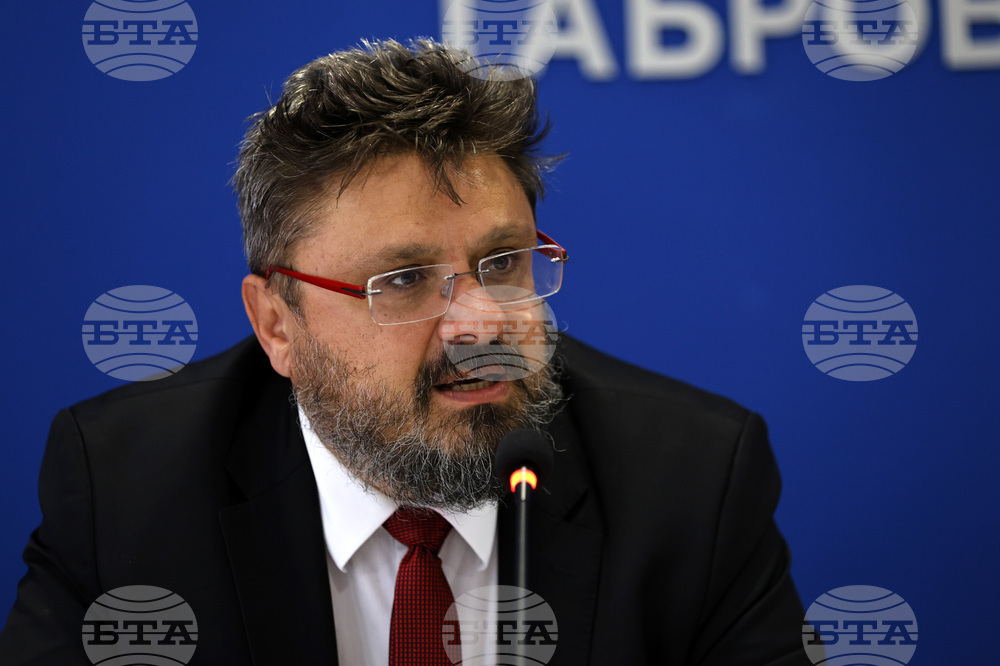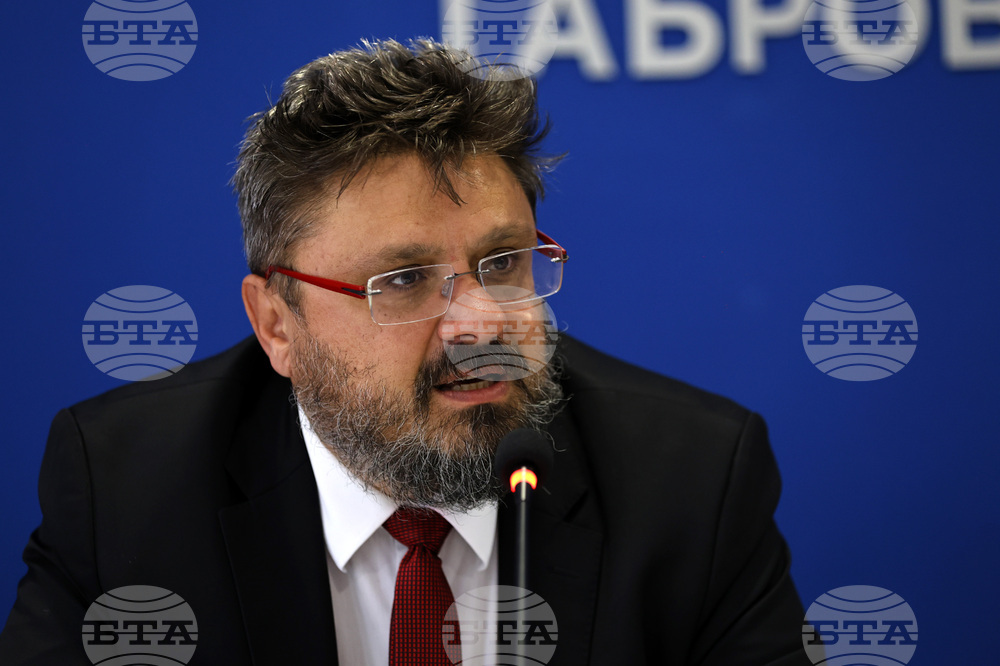site.btaUPDATED Gabrovo Is Symbol of Bulgarians' Cult of Knowledge, Says BTA General Director


The celebration of 190 years since the founding of the Aprilov National High School reaffirms that the integration of Bulgarians into modern Europe began not two decades ago, but two centuries ago, BTA Director General Kiril Valchev remarked during the opening of a local conference in Gabrovo on Wednesday. The event was part of BTA's "Europe on the Balkans: Cohesion Skills" project.
Valchev highlighted that the groundwork for establishing this school by notable figures such as Vasil Aprilov, Nikolay Palauzov, and Neofit Rilski underscores Gabrovo's role as a symbol of the Bulgarians' cult of knowledge developed at a time when this cult was flourishing across Europe. He also noted the establishment of Bulgaria’s first student library in 1840 and the first physics classroom in 1872, prior to Bulgaria’s Liberation.
He said that Immanuel Kant wrote his famous article What is Enlightenment in 1784, and half a century later Bulgaria was already talking about Enlightenment. He noted that Gabrovo also has another symbol of higher education, the Technical University, which celebrated 60 years since its establishment in 2024.
Valchev also emphasised that Vasil Aprilov is an example that modern Europe needs. "People, who - as Aprilov says about himself - do not crave fame and do not pursue anything other than being useful to their countrymen, to do good and encourage it," he emphasised.
Gabrovo showcases the fact that educated people are very creative people, said Valchev, adding that it was made the most industrialized town in the country and that it was called the Bulgarian Manchester. As examples of this, Valchev listed some of the first modern factories created in Gabrovo in the Principality of Bulgaria and concluded that Gabrovo was transforming into a symbol of modern Europe during that time.
The jokes about the frugality of Gabrovo residents, who are said to have invented the fashion for shorts and short skirts, motorless flying, penny coins, are more than that, he commented, adding that they are a symbol not only of saving money, but of saving in the broader sense of the word - saving of time, of effort, of polite treatment of things.
Through this initiative, BTA aims to raise public awareness and foster open dialogue about cohesion policy, local achievements, and the implementation of the EU's policy priorities. Between November 2024 and September 2025, BTA will host discussions at its press clubs in the following cities: Blagoevgrad, Burgas, Varna, Veliko Tarnovo, Vidin, Vratsa, Gabrovo, Dobrich, Kazanlak, Kardzhali, Kyustendil, Lovech, Montana, Pazardzhik, Pernik, Pleven, Razgrad, Ruse, Samokov, Svishtov, Sliven, Smolyan, Sofia, Stara Zagora, Troyan, Targovishte, Haskovo, Shumen, and Yambol. Cross-border conferences will be held in Belgrade, Bosilegrad, Bucharest, Edirne, Skopje, and Thessaloniki. The project builds on the Europe in the Balkans: A Common Future and Europe in Bulgaria: A Common Future projects, implemented by BTA in 2023 and 2024, respectively.
/KK/
news.modal.header
news.modal.text